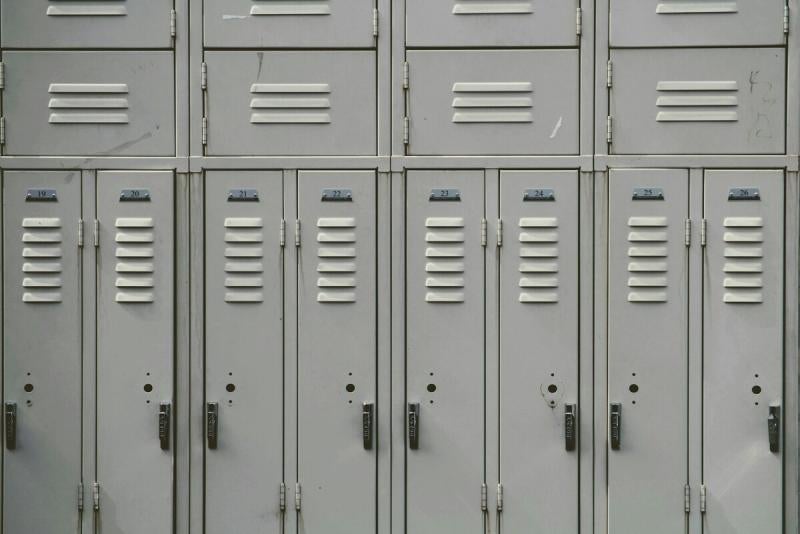Sturm College of Law Professor Fights Against ‘Educational Death Sentences’
When incarcerated students with disabilities enter the prison system, they lose more than just their freedom—they also lose their right to an education.

In 2017, a legal team at Disability Rights Advocates filed a class action lawsuit pulling back the curtain on a largely hidden crisis in America’s prison system: incarcerated youth with disabilities, ages 18 to 22, who are being denied special education services they are entitled to under federal law. The team argued that by not providing these services, the carceral system was handing prisoners yet another sentence—lost access to education.
Seth Packrone, a disabilities lawyer and assistant professor in the Sturm College of Law, worked on the New Jersey Department of Corrections case for four years. He recently published a paper about what he calls “educational death sentences.”
Currently, under the Individuals with Disabilities Education Act (IDEA), students with disabilities up to the age of 21 are entitled to receive a free, appropriate education. But exceptions in the law often weaken protections for incarcerated students. For example, there’s no obligation for the state to identify disabilities for students aged 18 or older without prior identification. There’s also no requirement to provide these services for students aging out of IDEA before their release. An estimated 70% of incarcerated youth have disabilities, meaning a large portion of the population is losing their right to an education.
“What we saw—not just in New Jersey but across the country—was a complete failure,” Packrone says. “In these systems, there wasn’t even an attempt to comply with the law.”
If prisons provided services, they weren’t appropriate. There were no individualized education programs. Most of the time, the students didn’t have access to a live teacher. Instead, they were given worksheets that didn’t match their grade level. In other words, Packrone says, for this forgotten group, entering the adult prison system marked the end of their education.
“I’m talking about young people in adult prisons. This is a group that across society has faced some of the biggest challenges. If they weren’t in prison, they’d still be in school. They’d have access to a curriculum that was supposed to ensure they would build skills to support society,” says Packrone.
In 2022, a federal judge approved a settlement that mandated the New Jersey Department of Corrections to implement new policies and practices to provide special education services. Still, he says, there’s more work to be done systemwide, starting in schools.
While the prison system often ends a student’s educational journey, it’s frequently the school system that sets them on a path to incarceration. It’s a cycle that experts like Packrone call the school-to-prison pipeline, which disproportionately affects students of color with disabilities.
“It just becomes the pathway from very early on, where students don’t get the help they need. Instead of getting more mental health services, they get suspended from school. We have these systems set up that lead to many of these students ending up in adult prisons,” he says. For those already in the prison system, Packrone advocates for leveraging existing legal tools under the IDEA to enforce students’ rights, like suing state educational agencies for failure to ensure free and appropriate access. Incarcerated students who didn’t receive the appropriate education are entitled to compensation, which can put resources into the hands of students who have been harmed.
Packrone believes education is more than a right; it’s a pathway to empowerment. “It’s hard for me not to care,” he says. “Part of the lawsuit is about education being essential and giving someone the ability the explore the world being invaluable.”



